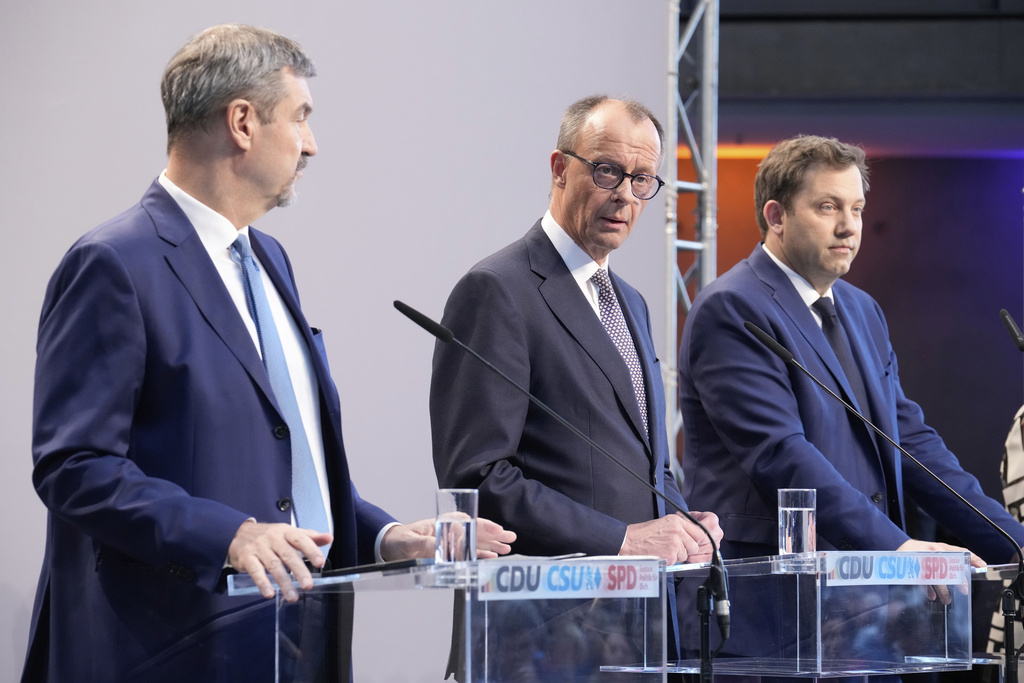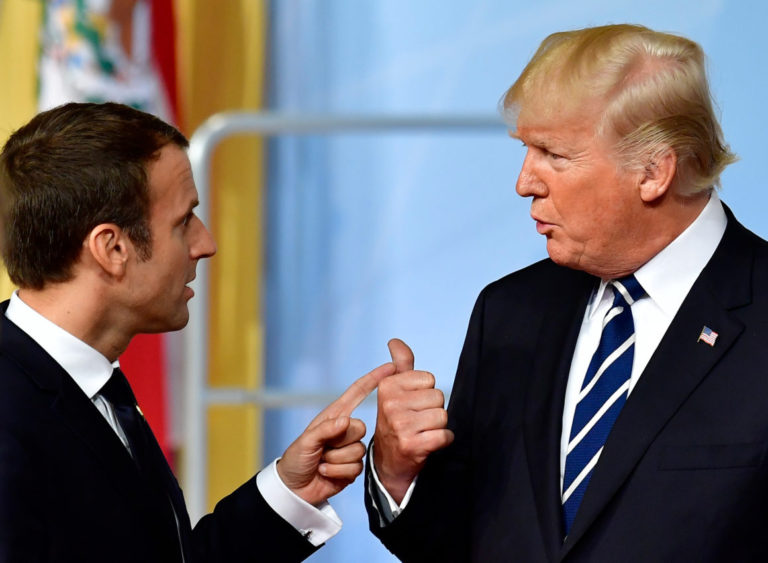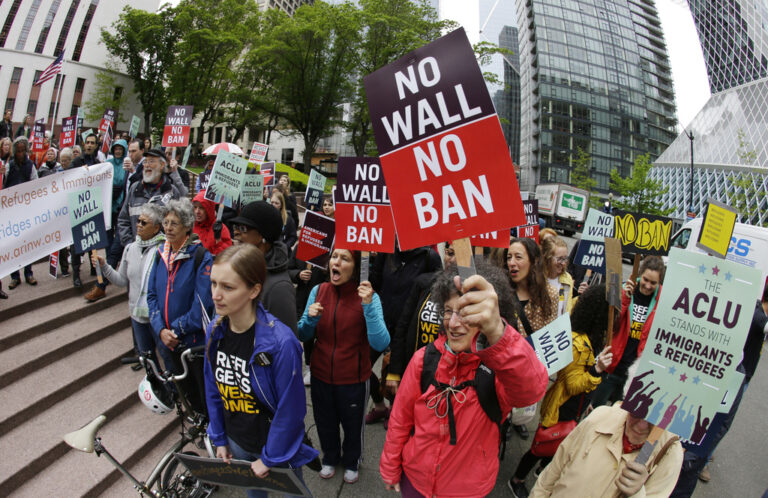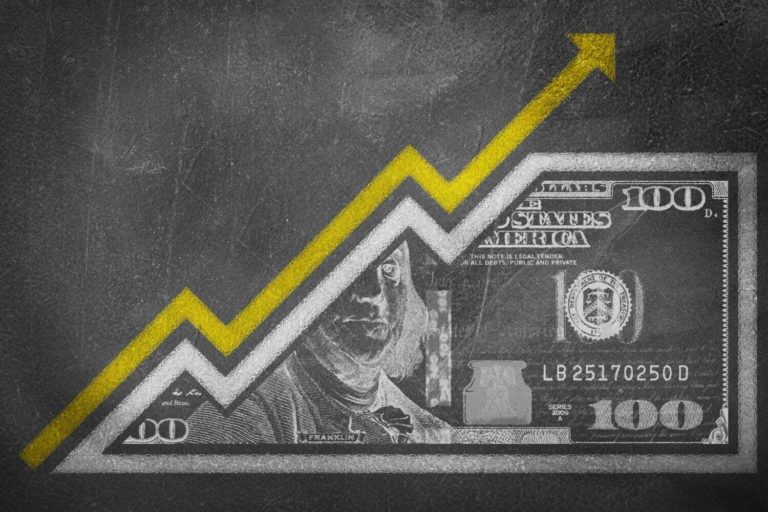
Following Germany’s snap elections in February, the nation’s lower house, the Bundestag, saw a massive change in representation. Among the greatest victors were the far-right Alternative for Germany, or AfD, which gained 10.4 percentage points in vote share, and the far-left democratic socialist party Die Linke, which gained 3.9 percentage points in vote share and broke the 5 percent threshold for having seats in the Parliament. With staggering losses for the two main center-left parties, S.P.D. and the Greens, and only a relatively modest gain for the center-right C.D.U., the previously shunned AfD now holds the second largest representation behind the C.D.U. and ahead of the S.P.D.
All this has culminated in a coalition between the majority C.D.U. and the S.P.D. to fend off the growing influence of the AfD. Party leader Friedrich Merz has emerged as the expected chancellor, with his election coming on May 6. Now under pressure from the German people to pull Germany out of an economic crisis further threatened by Trump’s aggressive economic policies, Merz and the C.D.U.-S.P.D. coalition must deliver on key issues or else most likely suffer an even greater increase in representation for the AfD in the next election.
Unfortunately, the outlook on the ability of this government to fend off the AfD is bleak. Rather than a departure from the norm, Merz seems to be leading Germany’s political future down the same path that both Angela Merkel and Olaf Scholz put the nation on by failing to deliver tangible improvements for the population while maintaining self-imposed austerity.
Merz and the coalition’s policies seem to be trying to reverse that austerity by potentially spending 1 trillion euros on infrastructure and defense, with 500 billion set aside specifically for infrastructure and, within that, 100 billion set aside for climate-related projects. However, the bulk of these projects will transpire over the next twelve years. Moreover, the government has promised further restrictions on immigration, echoing Scholz’s capitulation to calls from the far-right to limit migration from last year. On these matters, the coalition already stands divided, with inter- and intra-party disagreements over spending, Ukraine, and migration.
This divide indicates a potential paralysis in the capacity of the new coalition to get things done. However, even if undivided, this coalition with Merz at the helm is doomed to only bolster the AfD and its populist rhetoric. Merz’s policies may outwardly present as a change due to reversed austerity measures and increased public spending; however, the dividends paid back to a public in desperate need of hope will not be enough in the immediate future to keep the AfD’s rising popularity at bay.
Without policies that directly and immediately benefit a German population whose three primary voter issues are raising living standards, the housing crisis, and rebuilding public confidence in government, the AfD will continue to benefit from stoking fears about immigration and the Muslim population to garner populist support. The infrastructure plans, while beneficial to Germany as a whole, only pan out fully over the span of a little more than a decade. Voters react in intervals of months and years. Furthermore, the new coalition has even capitulated to anti-immigration policies from the AfD, to the chagrin of some S.P.D. members, only further emboldening the AfD platform that has taken the nation by storm.
Merkel and Scholz failed to provide the people with real change, as poverty has continued to rise since the turn of the century, and Merz’s policies do not reflect it as a top priority. His predecessors have given him a bad hand, and instead of folding and drawing a new one, he has decided to choose a path that will only sour what little faith the people still have in mainstream parties like the C.D.U. and S.P.D.
By failing to implement immediate relief policies while also normalizing hawkish attitudes towards immigration that echo the AfD, Merz and the coalition will inevitably find themselves unable to point to tangible changes they have made for their constituents and unable to differentiate themselves from the AfD’s border policy. What will mobilize people to vote for the C.D.U. or S.P.D. if they align with AfD on their most contentious policy area without any immediate accomplishments to boast about? In East Germany, for example, where both low living standards due to historic inequalities and corollary support for the AfD run rampant, the people will lose faith in the C.D.U. and S.P.D. entirely.
The coming months will be pivotal for Germany. With the economy in turmoil and the AfD seizing an unprecedented amount of political capital, the C.D.U. and its coalition partner, the S.P.D., have a monumental task ahead of them. Merz and the coalition have gotten off to a disappointing start, and the future unfortunately does not look any brighter.
The Zeitgeist aims to publish ideas worth discussing. The views presented are solely those of the writer and do not necessarily reflect the views of the editorial board.



